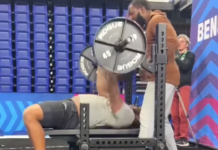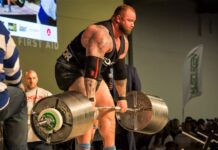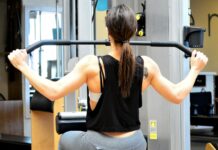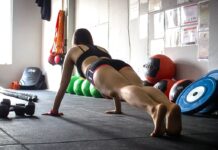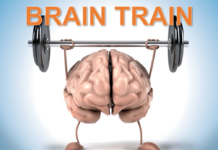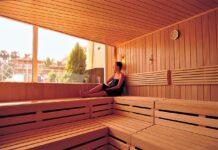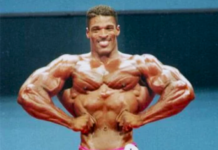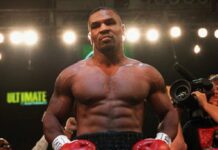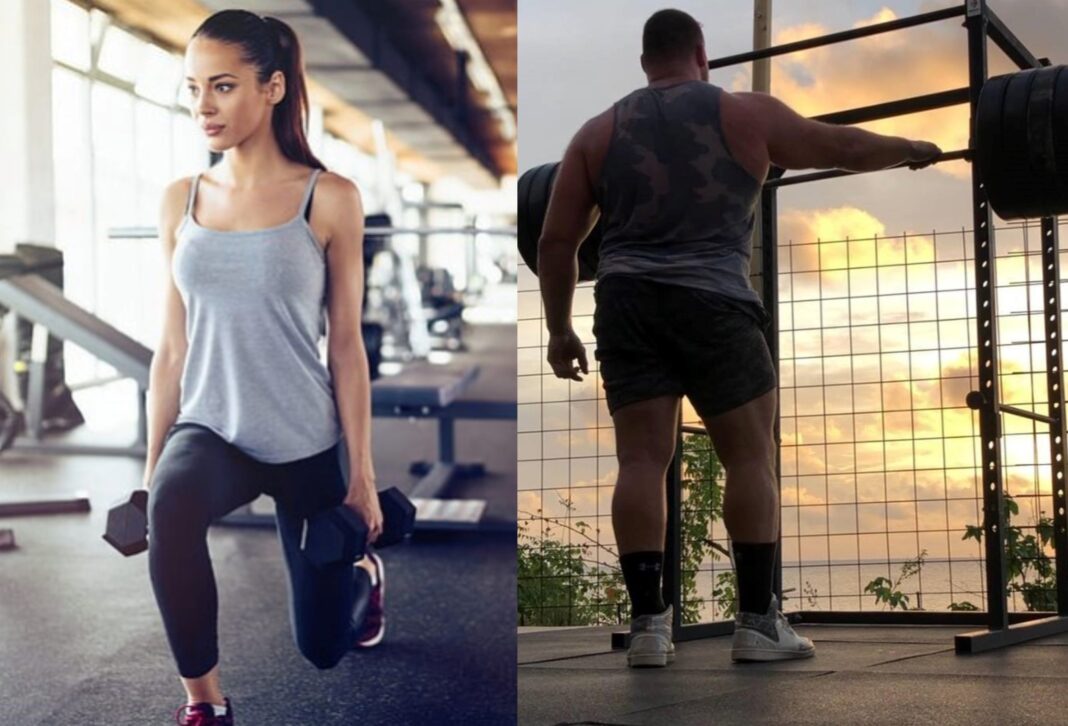What is the best time to workout? It’s one of the most asked exercise questions. Of course, for most people who go to school all day or work a 9-5 the answer is easy: When I can best fit a workout into my schedule. But if you can go to the gym or go for a run at any time, is it best to exercise in the morning, afternoon, or evening? How do daily hormone fluctuations, how many meals you’ve eaten, and how close to bedtime you train affect your strength, endurance, and muscle recovery? Let explore the science of the best time to workout.
TESTOSTERONE TIMING
Let’s first deal with hormones. Though both men and women have testosterone, women, on average, have about 5% as much as the typical man. So, fluctuations in test levels matter much more to men than to women simply because the rise or drop will be much greater in men. And test levels do fluctuate during the day. Studies have shown, testosterone levels tend to peak around 8:00 A.M., fall throughout the day, and bottom out around 8:00 P.M. Then they climb over the subsequent 12 hours of lounging and sleep. The difference between the peak and the low is 20-25% in younger men but much less in senior citizens.
But there’s another hormone. Cortisol blunts the effects of testosterone, and it also peaks in the morning. One study hypothesized that increased cortisol in the morning neutralizes the A.M. test rise for workout effectiveness: “The morning elevated T level (seen as beneficial to achieve muscle hypertrophy) may be counteracted by the morning elevated C level and, therefore, protein degradation.” And, in fact, the ratio of T to C is greatest in the evening, because cortisol drops more than testosterone during the day. This would make the evening the peak testosterone time.
But, anyway, how much difference does this make in your workout? We know that elevated testosterone, as from the use of anabolic steroids, enhances muscle and strength growth over a period of, say, eight weeks. But is there any benefit for strength and growth gains to elevating your test just before a single workout? The scant evidence is inconclusive.
Finally, note that weight-training and high-intensity cardio temporarily raise testosterone, while endurance training, such as distance running, temporarily lowers it (as does insufficient sleep and a calorie deficit). So, you’re getting a test boost just by hitting the weights, whenever you hit the weights.
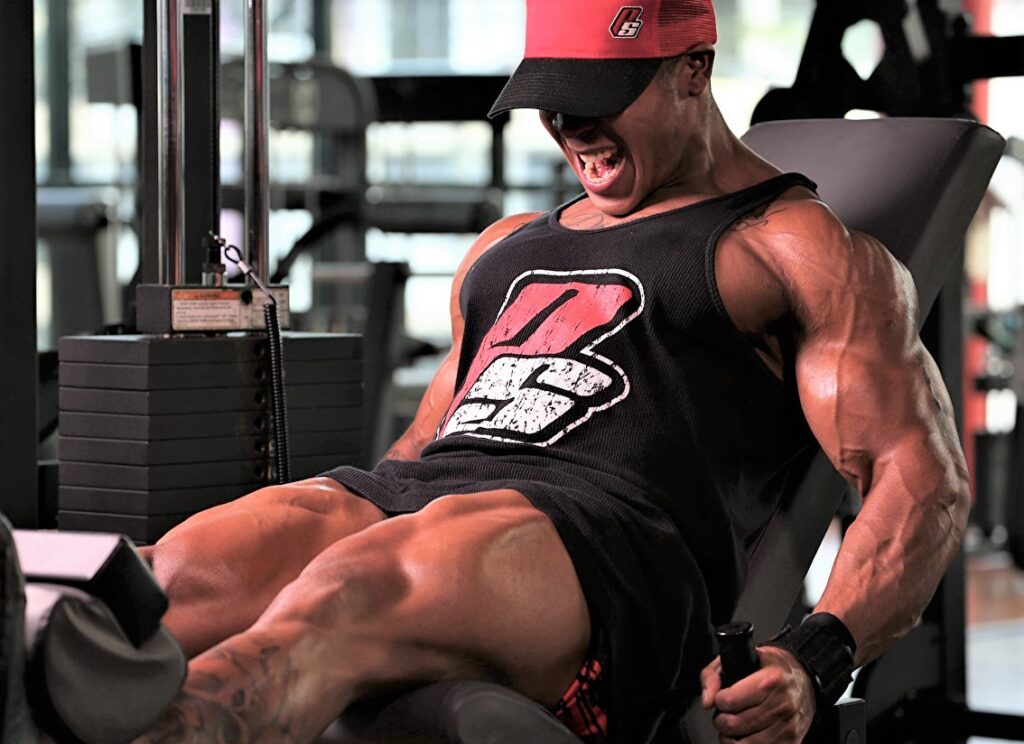
WHEN YOU’RE AT YOUR BEST
Let’s turn now to three studies focused specifically on when you’re your strongest.
A study measuring peak power and muscle activity found both were greater in subjects at 5:00 PM than they were at 7:00 AM.
A study of rugby players found their lower body power was greater in the evening than the morning.
Another study, using “severe-intensity cycle ergometer tests,” showed that participants went 20% longer before reaching exhaustion when training in the evening as compared to the morning.
Studies have demonstrated that you’re strongest in the late afternoon to early evening, about 4:00 P.M. to 7:00 PM. This is a time when you’ve got several meals in, so you’re fully fueled. You’re past the afternoon nadir for your circadian rhythm and your energy is rebounding. Your testosterone-to-cortisol ratio is peaking. And you’re ready to hit that PR in the squat.
BEST WORKOUT TIME FOR YOU
Okay, now you know when you’re strongest. It’d be great to schedule your personal powerlifting meet to begin at 5:00 PM. But does it really matter for strength and muscle gains?
Studies (like this one and this one and this one and this one) that have looked at the difference in gains from training in the evening vs. the morning have found no difference or a slight difference favoring the evening. It doesn’t matter much for strength gains or muscle growth what time of day you train. Whether you’re at peak strength or valley strength when you hit the weights matters only if you’re going for a PR. What matters the rest of the time is progress, and you can make that at any time of day.
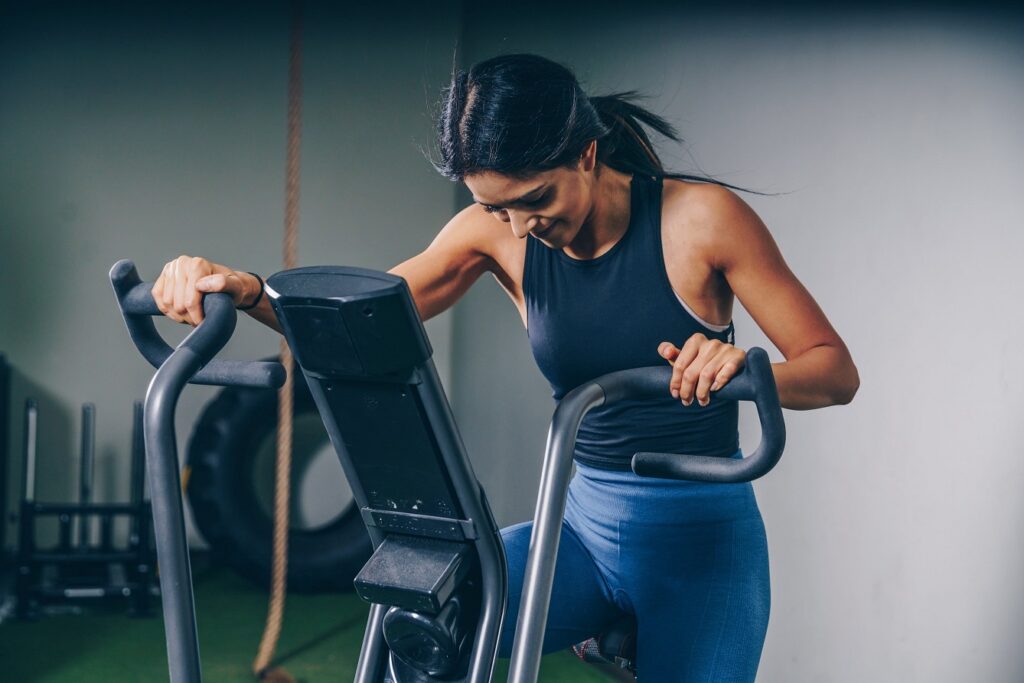
Let’s weigh the pros and cons of morning, afternoon, and evening workouts.
MORNING WORKOUT BENEFITS
BURN MORE FAT. Research shows fasted cardio (before breakfast) may burn more bodyfat than cardio later in the day. However, when it comes to early morning resistance training, we recommend you have at least a protein shake before or during.
MAY IMPROVE SLEEP. Research shows a morning workout can get your circadian rhythm on track so you’re more alert in the morning and tired in the evening before bedtime. And good sleep is a necessity for gains.
MAY IMPROVE PRODUCTIVITY. Get up and get your gym work done and it may help you get more done throughout the day.
MORNING WORKOUT DRAWBACKS
LOW CORE TEMPERATURE. Your core temperature and heart rate are lower in the morning. This can make it harder to warmup and get going. You may also feel stiffer in the A.M. This was correlated to reduced strength in the morning.
NOT FULLY FUELED. If you’re a fasted cardio adherent, this is a plus. But in regards to weight-training, you may need two or more meals to get the carbs and protein necessary for energy, strength, and growth.
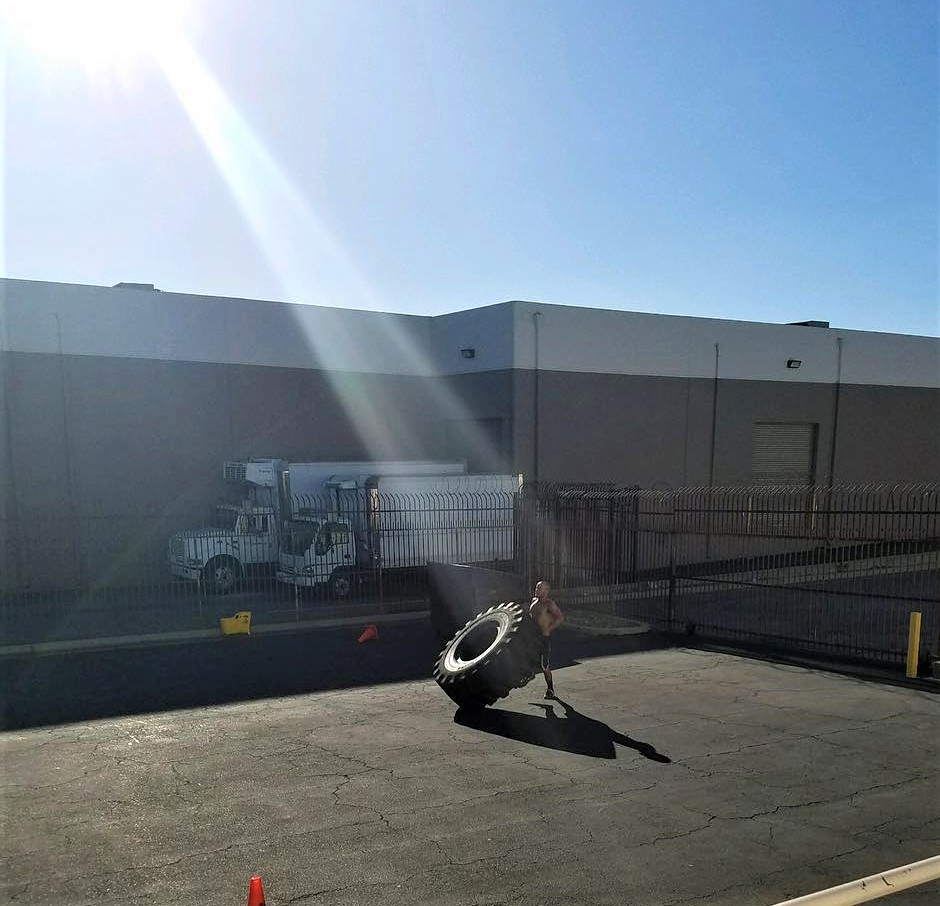
AFTERNOON WORKOUT BENEFITS
FULLY FUELED. You should have consumed at least two meals by now.
ALERT BUT NOT TIRED. Many people find the early afternoon (12-3) is the sweet spot when they’re fully awake and not yet winding down.
BREAKS THE DAY. If you can schedule it, a mid-day gym session can be a reprieve from work or school and recharge you to get back to it.
AFTERNOON WORKOUT DRAWBACKS
CIRCADIAN RHYTHM NADIR. Be aware that your energy naturally hits a wall at around 3:00 PM. This is why some cultures take a siesta then, and it’s why you may need some caffeine to be at your best if you workout mid-afternoon.
INCONVENIENCE. Because of work or school obligations, most people can’t schedule weekday afternoon workouts.
EVENING WORKOUT BENEFITS
EVEN MORE FULLY FUELED. You should have consumed at least three meals by now.
BEST TESTOSTERONE/CORTISOL RATIO. This may be peak test time.
STRESS RELIEF. Hitting the weights or stairmill is a great way to forget the troubles of the day.

EVENING WORKOUT DRAWBACKS
STRESSED. Often you can’t forget the troubles of the day, and not only do they impact your workout, but family duties and other concerns can make it difficult to get to the gym at all.
SLEEP IMPACT. Hitting the weights late doesn’t seem to impact The Rock, who often works out after midnight. But for the rest of us mortals, the intense training too close to bedtime can keep us amped when we want to be snoozing. Certainly, you’ll need to avoid workout stimulants, like caffeine, too close to bedtime.
BEST TIME TO WORKOUT: CONCLUSION
What time of day you train matters a little for strength and intensity but not much for gains in strength or muscle mass. If you can train anytime, choose the early evening. But what matters most is not the time of day. It’s consistency. Your body will prosper best when you workout, sleep, and consume meals at regular times. It’ll adjust its circadian rhythm to optimize your workout. Get on a schedule and, as much as possible, stick to that schedule. The best time to workout is when you, with your individual schedule, can get your best workout.
Related content:

